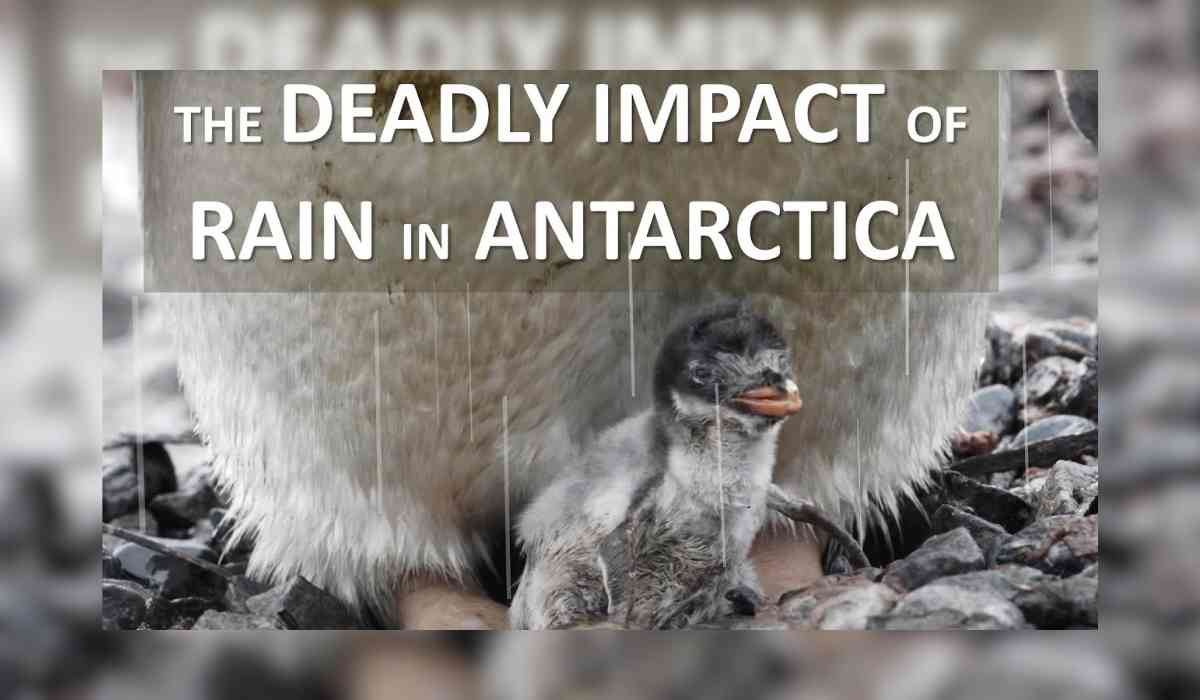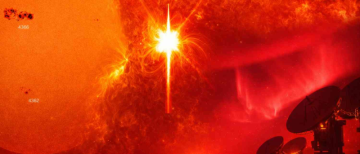In a stunning turn of events, the otherwise frozen landscape of Antarctica witnessed an exceptional meteorological event, as researchers stationed at China's Zhongshan Station documented an unexpected occurrence of rainfall. This unprecedented event, occurring on December 4, 2023, not only defied the continent's typical icy nature but also raised pertinent concerns regarding its potential impact on indigenous wildlife, notably the beloved penguins.
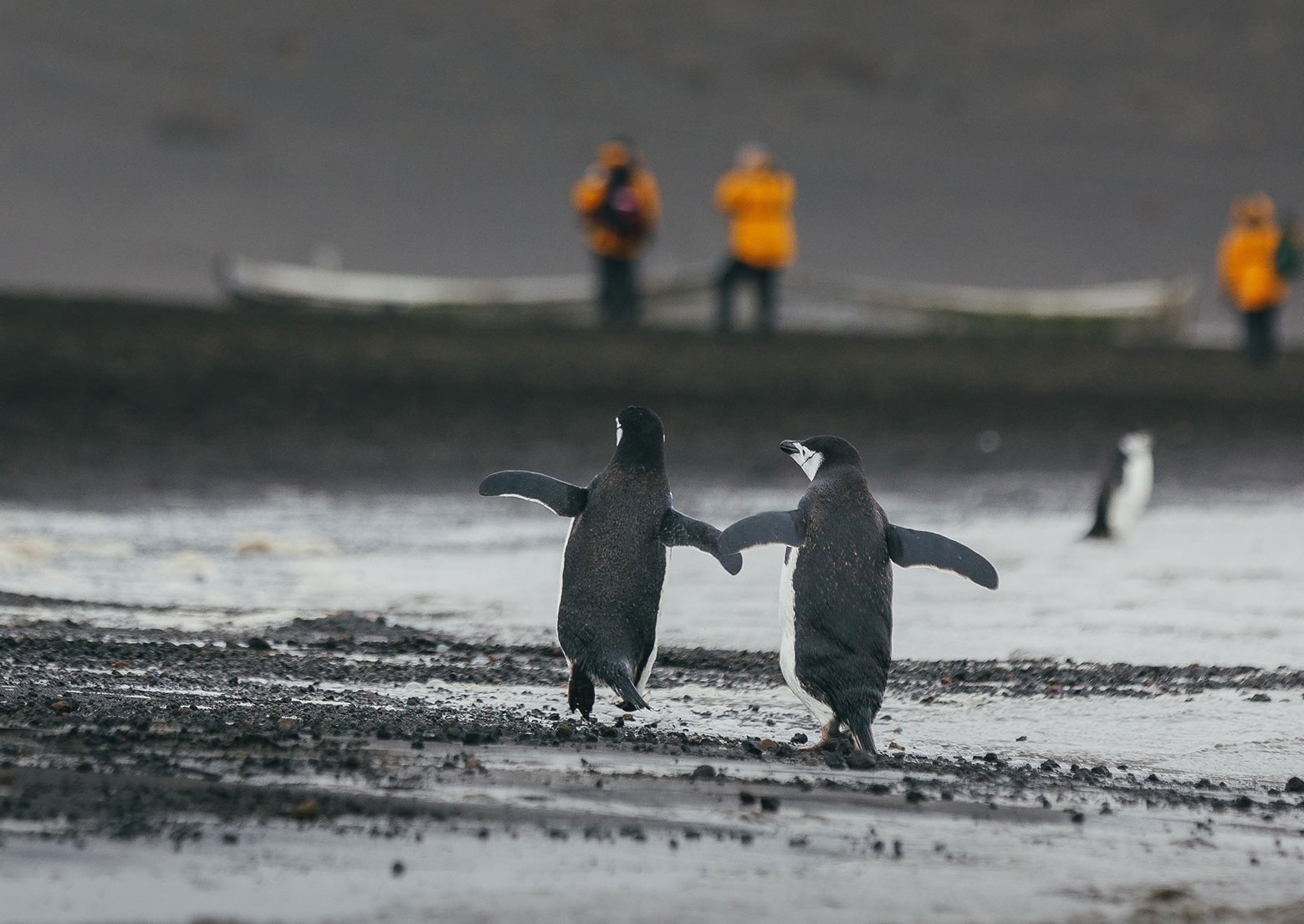
Rain in Antarctica
Temperatures soared to an unusual 3.6 degrees Celsius, bringing along a gentle drizzle that astonished the researchers at Zhongshan Station. Wang Caijun, a member of the research team, expressed astonishment, highlighting the extreme rarity of rainfall within the icy confines of Antarctica. The station, established in 1989, had previously logged only seven instances of such precipitation, underscoring the exceptional nature of this recent event.
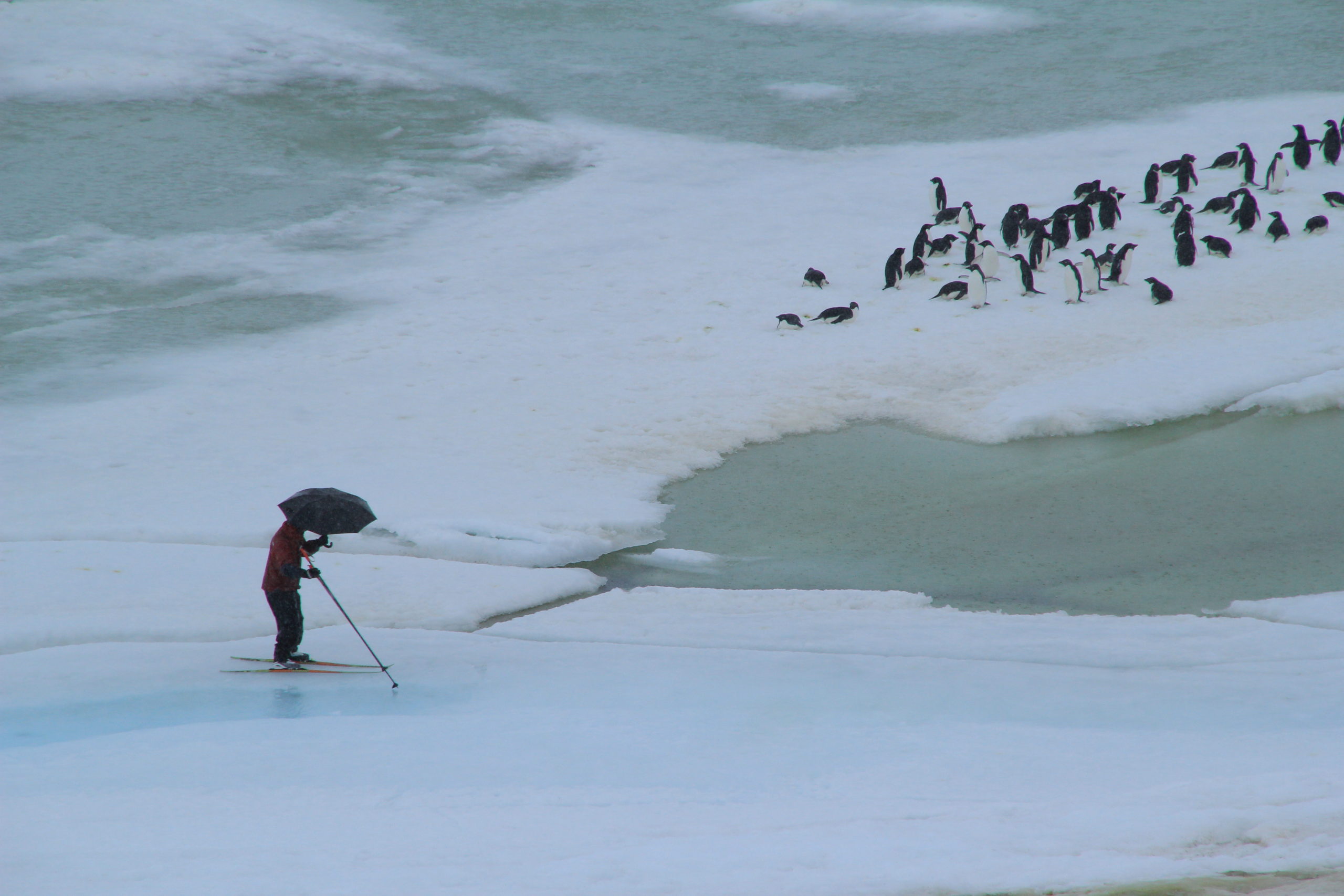
Echoes Across the Frozen Realm
The ephemeral rainstorm, lasting less than two hours, has potentially far-reaching implications for the fragile local ecosystem. Ding Minghu, director of the Institute of Global Change and Polar Research at the Chinese Academy of Meteorological Sciences, cautioned about its adverse effects on Antarctic creatures. Notably, Australia's Davis research station also bore witness to similar freezing rain, indicating a broader meteorological anomaly across the region.

Penguins at Risk
Of immediate concern is the vulnerability of young penguins, whose developing feathers lack waterproofing. Exposure to rain puts them at risk of developing ice on their bodies, potentially leading to frostbite—a perilous threat in these extreme conditions. This underscores the urgent need to comprehend and address the repercussions of such climatic anomalies on the region's iconic wildlife.

Climate Change's Impact on Antarctica
This incident shines a spotlight on the broader implications of climate change within Antarctica—a critical ecosystem existing under extreme conditions. The continent's pivotal role in global climate regulation cannot be overstated. Its ice, oceans, and diverse ecosystems play a vital role in mitigating global warming, driving oceanic currents, and absorbing substantial amounts of carbon dioxide from the atmosphere.
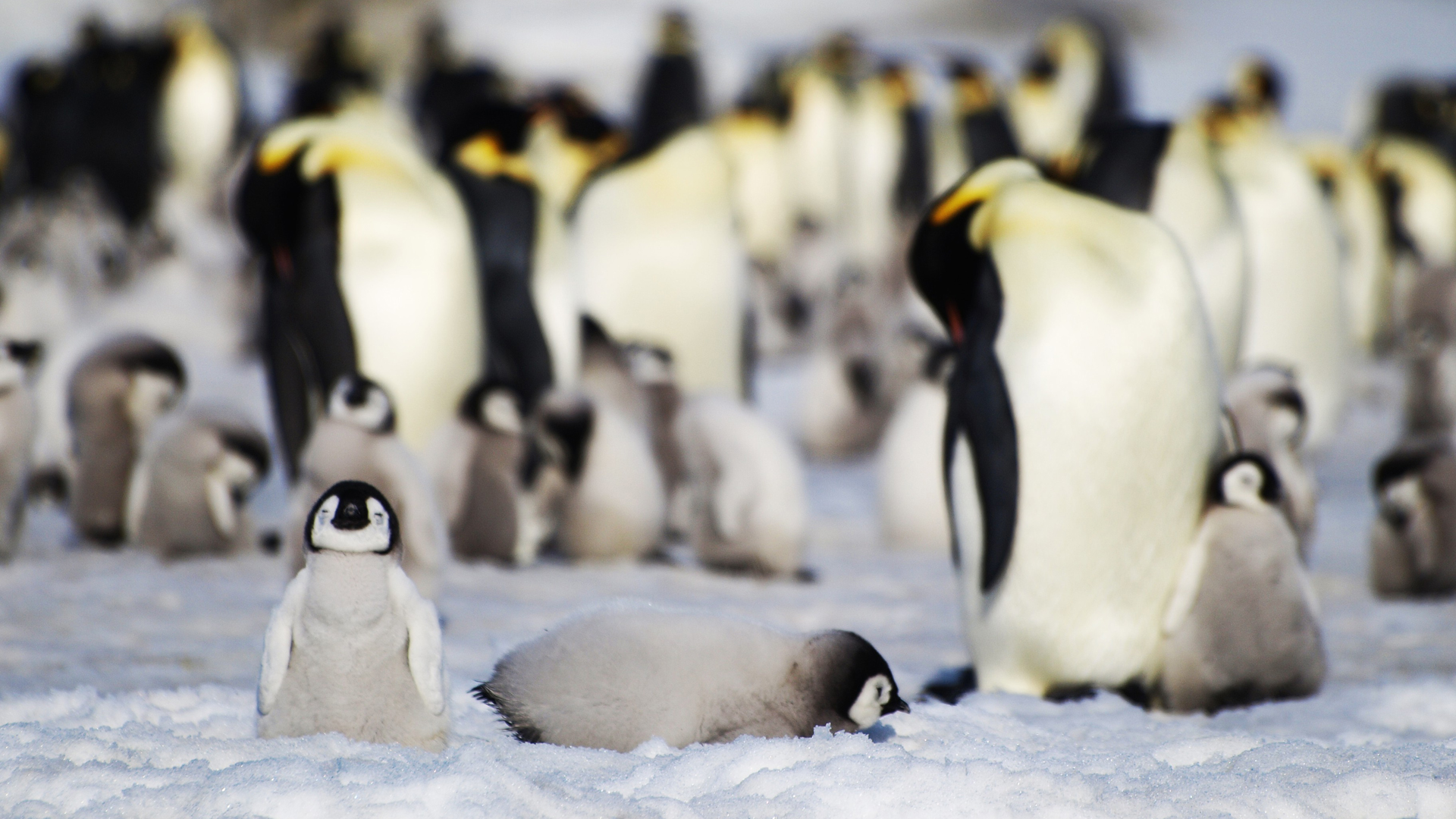
Antarctica: Keeper of Earth's Climate History
The ice cores of Antarctica hold invaluable records spanning half a million years, offering profound insights into our planet's climatic history. They serve as a testament to the escalating threat of global warming, encapsulating crucial data about atmospheric carbon. As these icy archives bear witness to unprecedented rainfall, it underscores the urgency of understanding the evolving climatic landscape.
The rare rainfall event serves as a poignant indicator of the evolving state of one of Earth's last untamed frontiers. As temperatures rise, Antarctica's glaciers recede, and its ice shelves disintegrate, the delicate equilibrium of its ecosystems teeters on the brink. It's a profound reminder of the imperative to address climate change and its profound implications for this pristine and fragile wilderness.
© Copyright 2023. All Rights Reserved Powered by Vygr Media.

